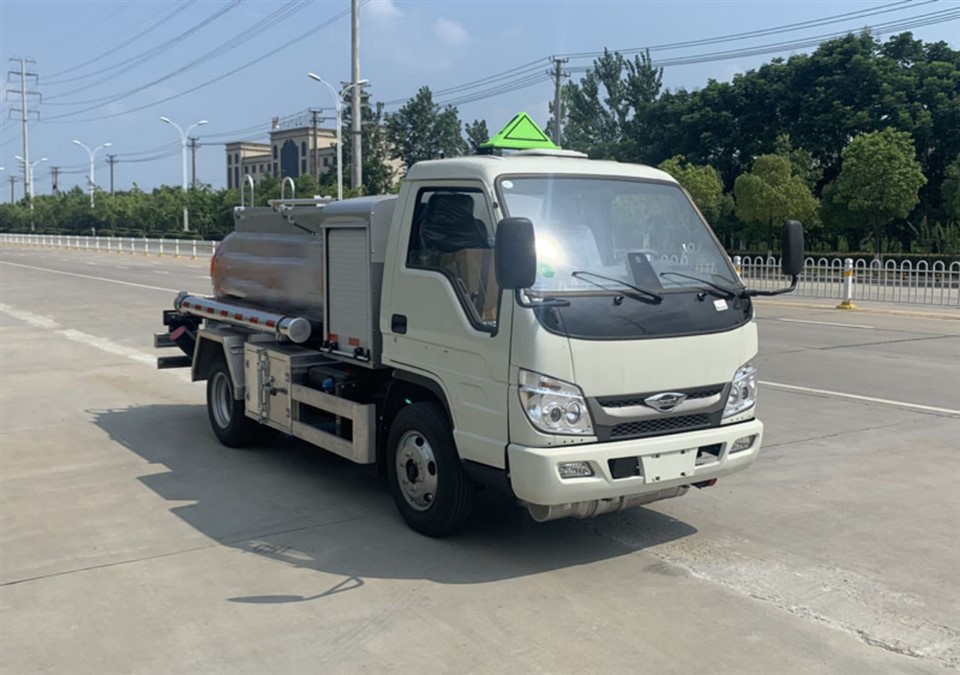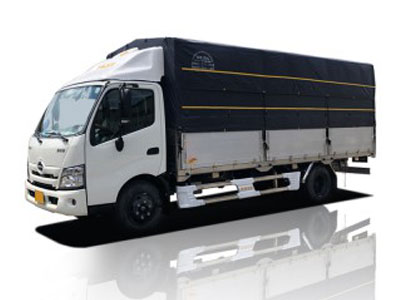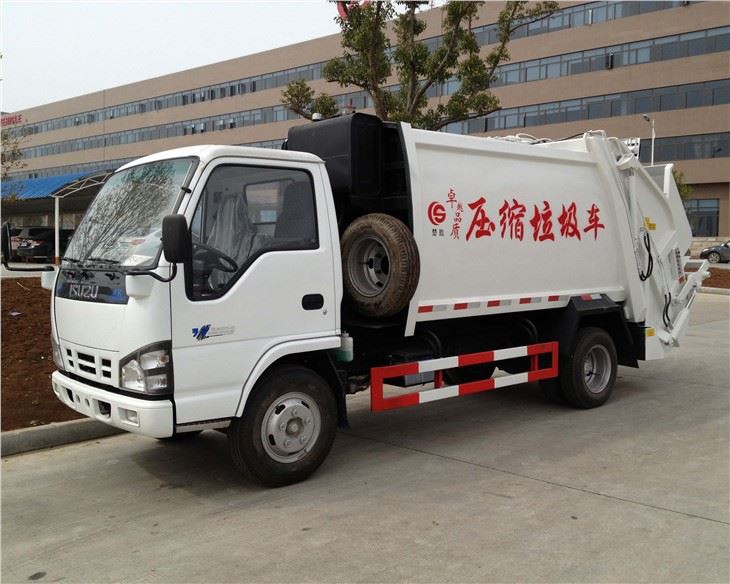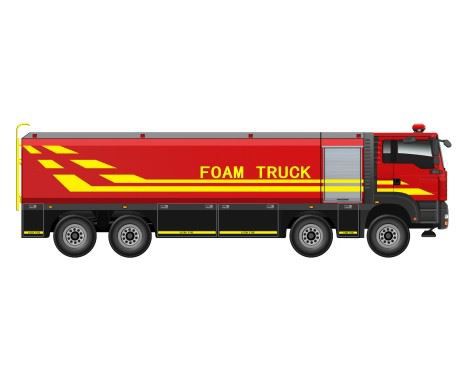Engine dump trucks are essential vehicles in construction, mining, and various industries requiring heavy hauling. This guide explores everything you need to know about engine dump trucks, from their features and types to maintenance and industry applications. By the end, you will have a solid grasp of what makes these vehicles vital in heavy-duty work environments.
What is an Engine Dump Truck?
An engine dump truck is a specialized vehicle designed primarily for transporting bulk materials such as sand, gravel, or dirt. Featuring a powerful engine, these trucks are capable of handling heavy loads and rough terrains, making them indispensable in construction and mining industries.
The Anatomy of an Engine Dump Truck
Key Components
To appreciate engine dump trucks fully, it’s essential to understand their main components:
- Chassis: The truck’s main structure that supports the engine, cab, and cargo area.
- Engine: Provides the necessary power to operate the truck, commonly diesel in heavy-duty models.
- Cargo Bed: The open area where materials are stored, which tilts to unload the cargo.
- Transmission: Transfers power from the engine to the wheels, facilitating movement and load management.
- Wheels and Tires: Heavy-duty tires designed to handle rough terrains and heavy weights.
Types of Engine Dump Trucks
Engine dump trucks come in several types, each suited for specific tasks:
Standard Dump Trucks
These vehicles are the most common type, equipped with a hydraulic system that allows for the tilting of the cargo bed. Ideal for short-haul transportation.
Articulated Dump Trucks
Featuring a flexible joint between the cab and trailer, articulated dump trucks are perfect for rough terrains and off-road construction sites.
Transfer Dump Trucks
This type includes a separate trailer that can carry a second load, making it efficient for large transportation tasks without needing to return to a loading site frequently.
Side Dump Trucks
These trucks can dump their loads at the sides rather than the back, suitable for unique construction conditions and narrower sites.
Engine Specifications and Performance
Understanding Engine Power
The engine is the heart of an engine dump truck. Here’s what you need to focus on:
- Horsepower: Determines how much load an engine dump truck can handle. Typical powers range from 200 to 600 HP.
- Torque: Essential for pulling heavy loads, measured in pound-feet (lb-ft). Higher torque signifies better hauling capabilities.
- Fuel Type: Most heavy-duty models use diesel engines due to their fuel efficiency and power output.
Fuel Efficiency and Economy
Fuel efficiency is critical when evaluating engine dump trucks. Here are some tips to enhance fuel economy:
- Regular Maintenance: Keeping the engine and exhaust system clean improves fuel efficiency.
- Load Management: Avoid overloading to prevent the engine from working harder than needed, which can increase fuel consumption.
- Driving Techniques: Adopt smooth driving practices. Rapid acceleration and hard braking consume more fuel.
Maintenance Tips for Engine Dump Trucks
Routine Checkups
Regular maintenance is vital to ensure the longevity and efficiency of an engine dump truck. Here are some critical maintenance routines:
| Maintenance Task | Frequency |
|---|---|
| Oil Change | Every 5,000 miles |
| Brake Inspection | Every 10,000 miles |
| Tire Rotation | Every 6 months |
| Hydraulic Fluid Check | Monthly |
Common Issues and Solutions
Engine dump trucks can experience various issues. Here are common problems and how to address them:
- Engine Overheating: Causes may include low coolant levels or a faulty radiator. Regular checks can prevent overheating.
- Transmission Problems: Slipping gears may indicate low transmission fluid. Regular surveys prevent severe damage.
- Brake Failure: Signs include a soft brake pedal or warning lights. Timely brake inspections are crucial.
Industry Applications of Engine Dump Trucks
Construction
In the construction industry, engine dump trucks are used to transport materials like concrete, sand, and gravel. They help facilitate project timeliness by ensuring materials are on-site when needed.
Mining
Engine dump trucks are vital in the mining sector. They transport heavy loads of minerals and ores from extraction sites to processing facilities, often under harsh conditions.
Landscaping
In landscaping, dump trucks are used to haul soil, mulch, and stone, helping create beautiful outdoor spaces efficiently.
Buying Considerations for Engine Dump Trucks
New vs. Used
When buying an engine dump truck, you can choose between new and used models. Each has its advantages:
- New Models: Offer the latest technology, warranties, and fewer immediate maintenance issues.
- Used Models: More affordable, but require a careful inspection for mechanical issues.
Features to Look For
Here are key features that can influence your purchasing decision:
- Payload Capacity: Evaluate how much weight you need to transport. Match it with the truck’s specifications.
- Durability: Investigate the material and build quality; heavy-duty steel construction is ideal for heavy loads.
- Fuel Efficiency: Consider engine options that provide the best fuel efficiency for your needs.
Safety Features in Engine Dump Trucks
Essential Safety Protocols
Safety is paramount when operating engine dump trucks. Here are some features to consider:
- Backup Cameras: Assist in avoiding accidents when reversing.
- Stability Control: Prevents tipping, especially crucial when navigating rough terrains.
- Seatbelts: Ensure all operators wear seatbelts while driving.
Training and Compliance
Proper training for drivers and operators is crucial to maintaining safety standards. Regularly upgrading training ensures that everyone is up-to-date on safety protocols and equipment handling.
Rental vs. Buying Engine Dump Trucks
Pros and Cons of Rental
Renting an engine dump truck can be beneficial for short-term projects. Here are the pros and cons:
- Pros: Lower upfront costs, no maintenance concerns, flexibility for choose depending on job requirements.
- Cons: Potentially higher long-term costs, limitations on the availability of specific types, and wear and tear on rental equipment.
When to Buy
Buying makes sense for long-term, continuous operational needs where upfront investment is feasible, and maintenance is manageable. Consider factors such as the frequency of use and the unique demands of your projects.
FAQs about Engine Dump Trucks
1. What is the average lifespan of an engine dump truck?
The average lifespan of an engine dump truck ranges from 10 to 15 years, depending on usage, maintenance, and care.
2. How much can an engine dump truck carry?
Depending on the model and specifications, engine dump trucks can typically carry between 10 to 20 tons of materials.
3. Are there specific regulations for operating engine dump trucks?
Yes, different regions have regulations regarding operating heavy vehicles, including licensing requirements, inspection standards, and load limits. Always consult local regulations.
4. What is the best brand of engine dump trucks?
Popular brands include Volvo, Caterpillar, Kenworth, and Mack. Each brand has its strengths and reliable models tailored for various needs.
5. How do I choose an engine dump truck for my business?
Consider your business needs, budget, the type of materials you will transport, and the terrains you work in. Don’t hesitate to test drive multiple models.
6. What maintenance should I do regularly?
Regular maintenance includes oil changes, brake inspections, tire rotations, and hydraulic fluid checks to ensure optimal performance and longevity.



